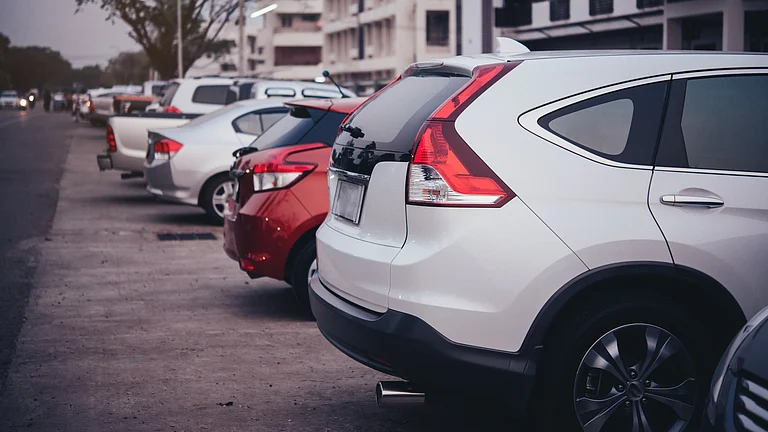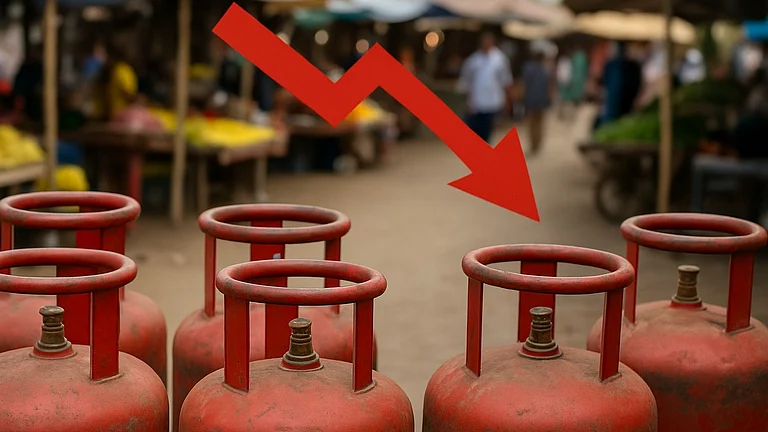Automakers are opposing India’s proposed carbon emission limits and plans for lighter cars, calling the government’s regulatory push to curb greenhouse gases “too aggressive”, reported Bloomberg.
New Delhi’s plan to cut car emissions by a third from 2027, more than twice the pace of its previous target, risks the sustainability of the industry, according to a note from the Society of Indian Automobile Manufacturers seen by Bloomberg News.
The automakers sought a relaxation in new fuel efficiency norms under the CAFE III (Corporate Average Fuel Efficiency) standards as they resumed talks with the government after a hiatus of a few months, as per a March 31 report by ET.
New Norms Spark Pushback
Scheduled to come into effect on April 1, 2027, the document is part of the discussions on the third phase of the country’s Corporate Average Fuel Efficiency norms, a set of rules first introduced in 2017 to cut greenhouse gas emissions and dependency on oil imports. According to Mordor Intelligence, India’s $137 billion auto industry is a major contributor of greenhouse gases worldwide.
A formal submission by Siam to the power ministry also stated that the proposed steep cut risks billions of rupees in penalties and threatens future investments in one of the India’s most critical manufacturing sectors.
Transport Minister Nitin Gadkari is expected to meet the automakers on July 2 in New Delhi where the on-ground issues will directly be discussed.
According to ET, the CAFE norms are levied on a carmaker’s entire fleet and not on individual models. They are based on time limits set on a carmaker’s total carbon dioxide emissions. The norms intend to encourage companies to manufacture more fuel-efficient cars by incorporating clean technologies. The amount of CO2 a car emits is directly proportional to the amount of fuel it consumes.
Automakers have been assigned an emission target of 91.7g/km under the more stringent WLTP cycle (Worldwide Harmonised Light Vehicles Test Procedure) by the Bureau of Energy Efficiency. However, automakers have proposed emission of 92.9 g/km under the India-specific MIDC (Moderated Indian Driving Cycle). These standards are mandated for testing vehicle emission and fuel efficiency.
The current fuel emission standards under CAFE II norms, which will run through March 2027, allow automakers to emit 113.1 grams per km.
































